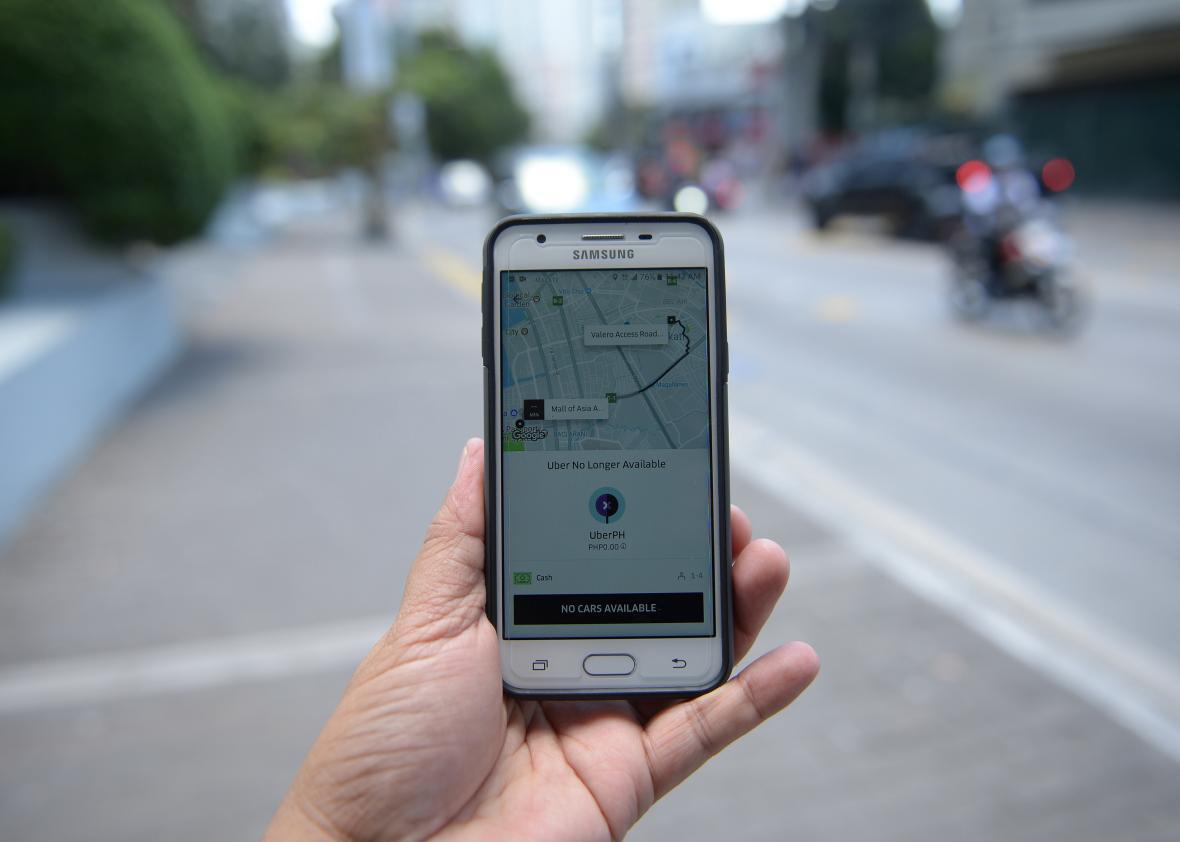Waymo—the self-driving car initiative owned by Alphabet, parent company of Google—alleges that ex-employee Anthony Levandowski shared confidential intellectual property with Uber, which acquired his A.I. trucks startup for $680 million in August. On Monday, a bombshell “due diligence” report from Uber was publicly released, and it’s juicy. The newly released document details cybersecurity firm Stroz Friedberg’s investigation of Uber and suggests that Levandowski employed cloak-and-dagger tactics to commit and conceal corporate espionage. Yet it does not appear to contain a smoking gun proving that Uber used Waymo’s technology.
Uber spun the turn of events as a validation in a statement: “[Stroz Friedberg’s] report, which we are pleased is finally public, helps explain why—even after 60 hours of inspection of our facilities, source code, documents and computers—no Google material has been found at Uber.”
Perhaps investigators failed to find the material because Levandowski destroyed it in an elaborate cover-up. That’s what Google alleges, and the document seems to bolster the theory.
Over the course of Stroz Friedberg’s review, apparently called “Project Unicorn,” investigators found huge inconsistencies in Levandowski’s story. For instance, he admitted that he retained five disks of Google information after he left Waymo in January 2016. He claimed that at former Uber CEO Travis Kalanick’s request, he commissioned a business called Shred Works in March to dispose of them. He didn’t have a receipt and said he paid in cash.
The report puts this account into question. When the investigators went to Shred Works, none of the employees recognized a picture of him. The manager did, however, find a receipt with an illegible signature for disk destruction three days after Levandowski said they were dealt with.
Investigators also found that he had downloaded 50,000 Google work emails on his personal computer in 2014 and accessed them in January 2016, along with thousands of photos of Google devices and whiteboard drawings on his phone. He was apparently “surprised” when they told him of their discovery on his laptop. The report then goes on to say, “It is difficult to believe that Levandowski was not, prior to his interview, fully aware of the extent of the data that he had retained.” In corporate speak, that’s practically a smackdown.
The report also suggests that Uber employees may have also intentionally obstructed Stroz Friedberg’s investigation. Uber chief operating engineer Colin Sebern encrypted his iPhone and provided wrong passwords to Stroz Friedberg’s people when they tried to inspect it. The investigators also note that 57 gigabytes of memory became available on his MacBook Pro shortly before their interview with him. Employees at Levandowski’s startup also deleted text messages regarding the disk destruction.
It’s still unclear, though, whether most of the blame should be placed on Levandowski rather than Uber. The company fired him in May for failing to comply with the investigation.
Despite Uber’s claim in its statement that it is “pleased” the report is “finally public,” Google had to press for months in court to get it released. Waymo has also asked the judge in the case, currently underway in San Francisco, to bar the public from entering the courtroom for crucial portions of the trial.* Gizmodo Media Group, the New York Times, the Wall Street Journal, and other press outlets have filed a brief demanding that the press be allowed in.
*Correction, Oct. 5, 2017: This post originally said that Uber had asked the judge in this case to bar the public from entering the courtroom for crucial portions of the trial. It was Waymo that made the request.
